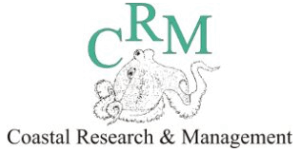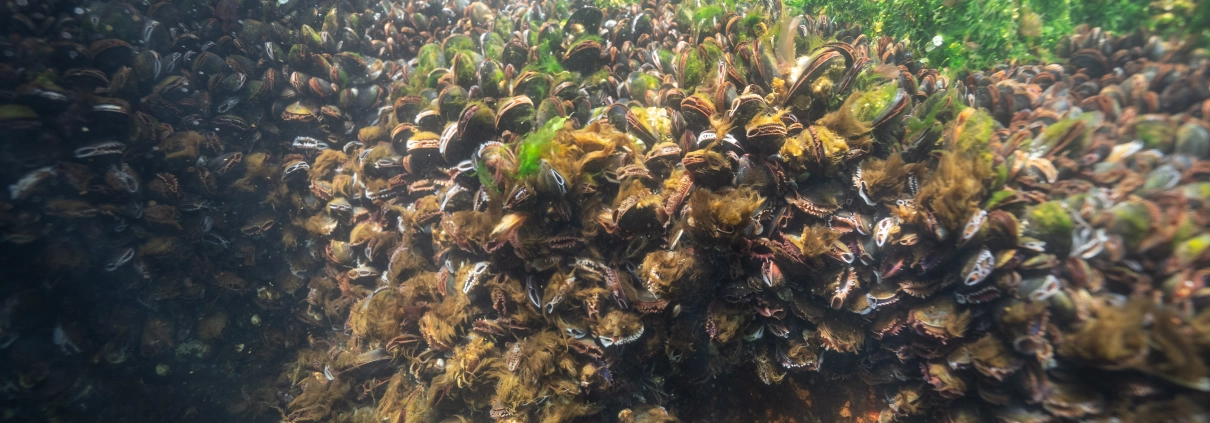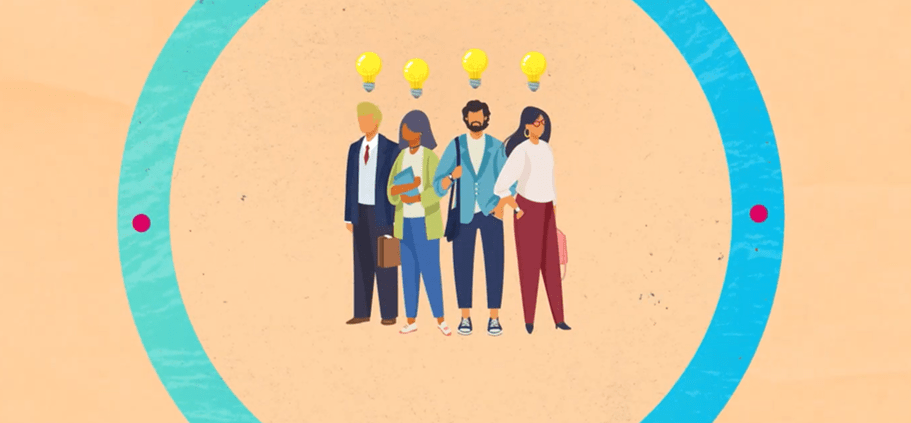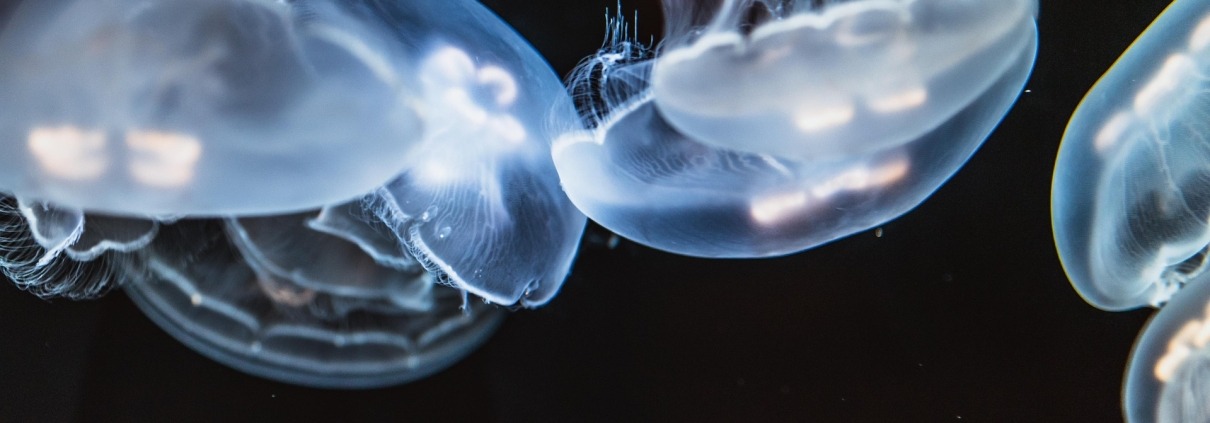Baltic Muppets is dedicated to develop a refined value chain for small mussels in the Baltic Sea region, focussing on innovative techniques for their cultivation, harvesting and processing. Our aim is to utilize mussels that are too small for human consumption in high-quality animal feed products and thus strengthen the blue bioeconomy in the Baltic Sea region.
AQUATOR aims to advance the blue bioeconomy in general and regional sustainable aquaculture in particular. In the BMBF-funded project, the research groups involved in AQUATOR are working on material flows, environmental assessments and market analyses, as well as evaluating social acceptance and developing potential new business areas using various aquatic example systems. With the help of this extensive competence portfolio and broad network, founders will be supported financially, administratively, and prospectively in the future in order to realize their business ideas in the bioeconomic aquatic sector and especially in the field of aquaculture.
Land-based aquaculture facilities with marine species have so far been complex and cost-intensive due to the high technical effort required for wastewater treatment. The use of flow-through systems with seawater or saline groundwater requires the efficient treatment of the resulting wastewater, for which no conclusive concepts exist yet. For the development of a wastewater treatment plant for saline wastewater, halophytes (salt plants) are used because they can contribute to nutrient reduction and contain promising ingredients for human nutrition.
The goal of GoJelly is to use jellyfish as an innovative solution to combat marine litter. Jellyfish can bind microplastics with their mucous constituents and help to rid waters of microplastics. We will therefore address two sets of problems: commercially and ecologically destructive marine and coastal litter from jellyfish, and microplastics.




